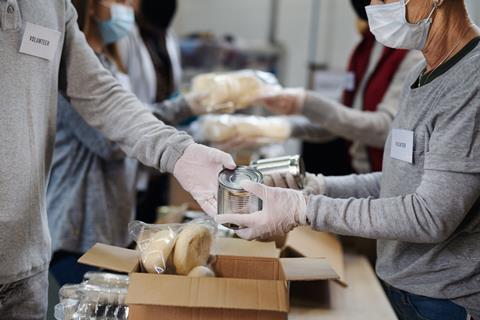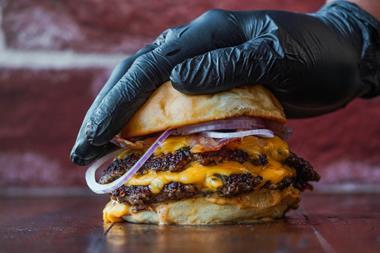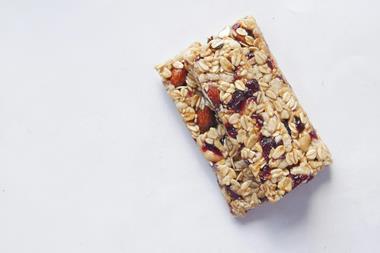
The Grocer’s upcoming The Goodness Issue will seek to highlight the positive work the industry has done in a year like no other. From food waste to political activism, we’ll look at the achievements of the food and drink industry across our news, comment and features sections. Download the synopsis here.
For retail news, the contact is Ronan Hegarty, deadline 22 February
For brand news, the contact is Daniel Woolfson, deadline 22 February
For comment pieces, the contact is Carina Perkins, deadline 15 February
For features, the writers are detailed below, deadline 11 February
Feature one: Is it time for fmcg brands to get political? by Megan Tatum
Avoid religion and politics. That was once the golden rule of both dinner parties and public-facing brands. But today, it’s hard to remain apolitical. Amid Covid, Black Lives Matter, climate change and Brexit, many brands have consciously taken a stand. See the numerous brands that publicly voiced their support for Black Lives Matter, or the fmcg brands that pledged to step in when the government threatened to stop free school meals. Or Ben & Jerry’s, which attracted the ire of the Home Office (but support of many consumers) after tweeting about the plight of refugees. So just how political should brands get? Do consumers want brands to take a stand? Or do you risk alienating shoppers with overt messaging? What is the role of food and drink brands today in an ever more polarised and politicised landscape?
Feature two: How the food industry is fighting hunger by Ian Quinn
The pandemic has put the issue of hunger – and specifically, child hunger – at the centre of the political table. Marcus Rashford’s campaigning has forced the government to pay closer attention to the number of children at risk of going hungry in the UK, which only looks set to grow against the gloomy economic outlook. Rashford has also enlisted the help of food and drink players to tackle hunger. He’s put together a food poverty taskforce that includes everyone from Aldi to Waitrose, with the aim of highlighting the plight of hungry children and supporting the most vulnerable. Many of the mults have pledged to enhance the Healthy Start vouchers. Tesco has its free fruit programme. So how much has the industry done to help combat hunger? What are the next steps for the taskforce? What more will they be doing? How much should it be down to their own actions, and how much is it down to government lobbying?
Downloads
Goodness issue synopsis
PDF, Size 0.11 mb













No comments yet